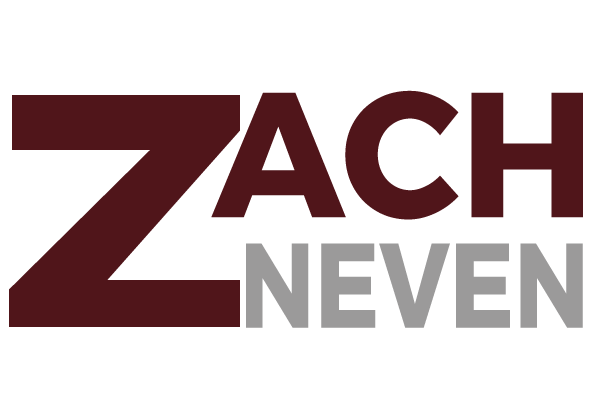For most of my life, I knew that I was different—but I never could put my finger on why.
When I was younger, I was in extra help classes. I did have a small group of school friends, but too often felt like I was outside the group. I hid alot—especially my depression. I would write constantly in a journal, telling things I could not tell people out loud. I even remember, about ten years or so ago, having to tell people that I needed to have my head scanned. I needed to know how my brain functioned. I knew something wasn't quite right—not that there was anything wrong, exactly, just in a way that didn't fit everyone else.
After I had the mental health breakdown, the idea of testing came back stronger than ever before. This time, however, my family did not brush it off. We started calling—working through numbers, names, and waitlists. Eventually, through a relative, we were matched with a woman who had done state-level work performing autism assessments and was halfway through her retirement.
Before even testing me, she met with my parents. They came armed with scribbled journals, Facebook posts, and even my IEP—which, ironically, was going to be purged the following week. Following that meeting, she handed my dad a book on autism and instructed him, "Read this." He did. And having read it—and reviewed my IEP—he said to me that it was reading the same person.
That's when everything changed. My dad knew.
It was a surprise to everyone. Therapists, school officials—none of them were catching on. But in hindsight, it was all there. Just. concealed. Misunderstood.
And then the testing. Two consecutive days. The first one was a killer—two hours of constant cognitive and mental testing, something I hadn't seen since high school. It was hard. But necessary. After working my way through everything, she sat with me and said it to me: I'm on the spectrum. She just had to write it down.
When I got the confirmation, I texted some close friends and relatives. All of them told me the exact same thing: "You're still you. We accept you. We love you." That was grounding. It informed me that a diagnosis is not a new name—it is simply a better name for what has always been.
It helps others understand me. Helps me understand me.
It describes the strangeness that I just can't seem to get a handle on. The overwhelm. The hyperfocus. The social burnout. The re-watching of the same videos repeatedly. The ordering of things just so. The emotions that come out sideways. The silences that aren't empty.
After diagnosis, I dove in. Books, podcast episodes, videos, discussing with those who've walked this way before. I started paying attention to so many things I've done or still do. None of them are strictly "autistic things"—there are lots of human things. But I've come to understand that autistic actions are on the same continuum as neurotypical ones—merely more intense, or less masked.
One word that has lingered with me: neurospicy. I appreciate it. It adds some color to the clinical. It fits.
And through all of this—before, during, and after diagnosis—I’ve been telling parts of this story publicly. Mostly through my Instagram stories, and long posts that feel more like open journal entries. For years, I’ve been posting as a way to say “I need help” without saying it directly. I’ve left breadcrumbs. Not everything. But enough that if someone’s watching closely, they can feel what I’m feeling.
My website, on the other hand, is the reverse of all that confusion.
Where social media is a trash dump—emotional, cluttered, unedited—my site is tidy. Thought out. Systematic. It's my portfolio, but also my introverted self-portrait. It's all that I couldn't say when I didn't have language, or couldn't talk fast enough. It's the me that says: Here. This is what I perceive. This is how I feel. This is what I produce when the clamor at last subsides.
Since the diagnosis, I've also been contemplating masking a lot more. That's an entire other level I haven't entirely explored. I know I mask—I always have to some extent. Especially out in public, around groups, in "professional" environments. But simultaneously, I've never actually felt like I wasn't me. Just a me attempting not to be a bother to other people.
Unmasking, for me, is slow. I’m still figuring out how much is performance and how much is adaptation. Still learning what it means to feel safe enough to show up fully, and how to spot the difference between authentic connection and just being tolerated.
This whole journey—getting tested, receiving the diagnosis, making art, reshaping my digital presence—has been like putting together a collage. Bits of my past, my thoughts, my habits, my dreams. Cut up, reshuffled, glued back together. And somehow, despite the mess, it forms something real.
I’m still learning. Still questioning. Still processing.
But I’m not hiding anymore.
This is my mind. This is my art. This is my life—neurospicy and all.
